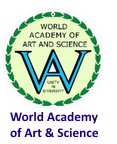 |
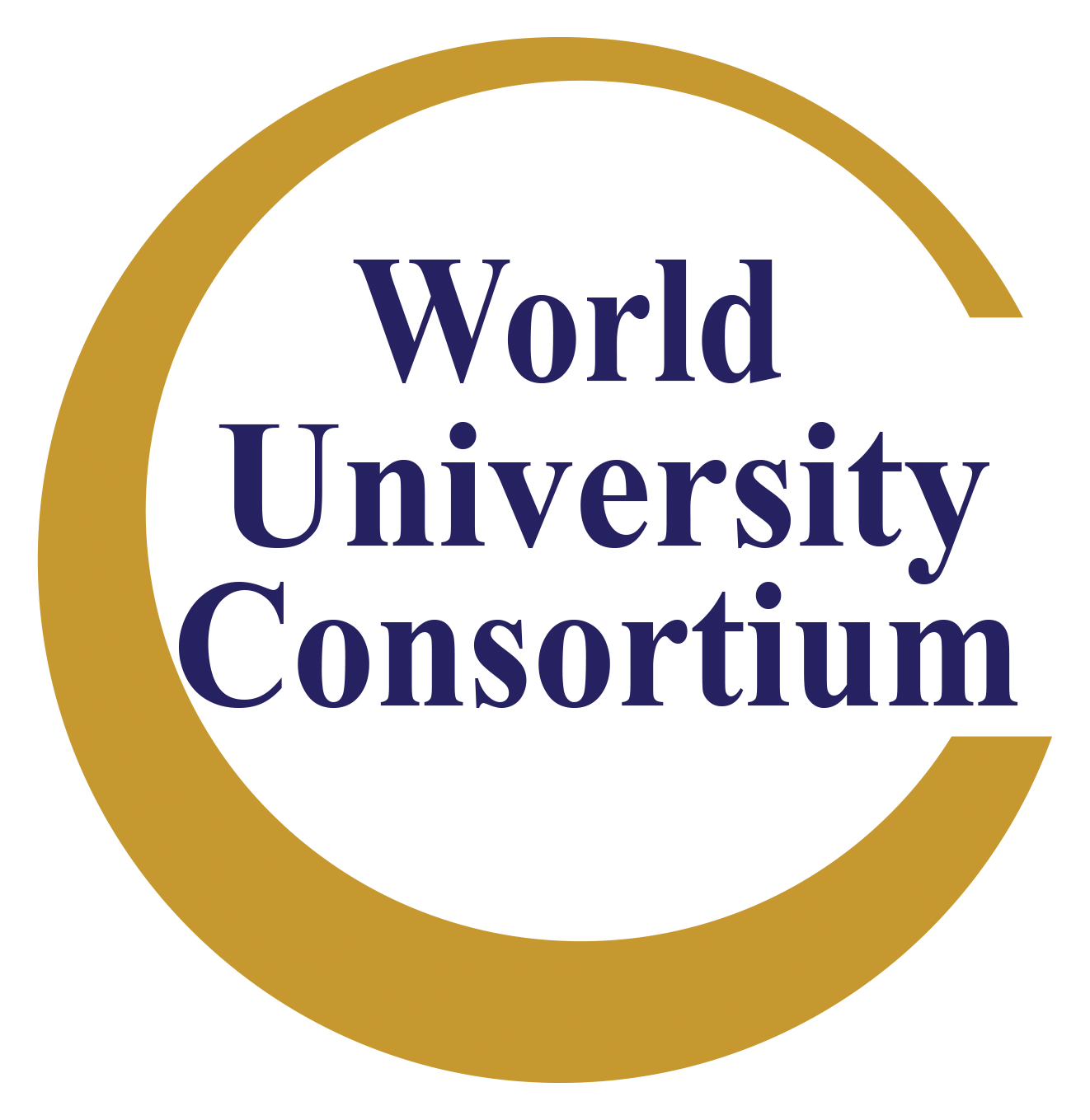 |
 |
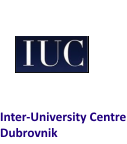 |
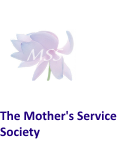 |
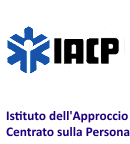 |
Global Governance: Challenges & Opportunities
A Roundtable & Planning Workshop
Inter-University Centre, Dubrovnik – November 22-24, 2018
The world we live in presents challenges and opportunities beyond the capacity of even the strongest, most developed nations or group of nations to effectively address without working in concert with the rest of humanity. Peace and security, climate and environmental management, immigration and population, trade and investment, technological development and employment, tax evasion and money-laundering, drug traffic and terrorism compel us to seek global solutions backed by institutions with the capacity and authority to conceive, implement and enforce them. None of these issues can be effectively addressed at the level of individual nation states pursuing their own self-interest in competition or conflict with that of other nations or by bilateral agreements or regional groups of nations. All necessitate increasing and unprecedented levels of cooperation and collaboration by the global community as a whole.
We live in an increasingly globalized world, yet our instruments of governance remain anchored in antiquated, flawed and largely ineffective national level institutions guided by narrow perspectives, misguided priorities, competitive strategies and mutually exclusive objectives. Global governance remains an artificial appendage or after-thought forged by the compulsions of necessity rather than consciously conceived and designed as an integral and essential component of a comprehensive and effective system for human self-governance.
Humanity and its institutions have, no doubt, evolved dramatically from the time a few centuries ago when international relations were decided by the whims of monarchs and ambitions of colonial empires, enforced by the exercise or threat of violence, enshrined in bilateral treaties and alliances, modified to suit the apparent advantages of the moment, and founded on principles of self-interest and balance of power. Today the world is governed by myriad institutions at innumerable levels, including international governmental institutions, charters, conventions, treaties, rules of law, committees, systems, multinational and national corporations, non-governmental organizations and associations relating to peace, security, justice, trade, economy, finance, transport, communication, education, science, technology, culture, religion, entertainment and other fields.
In spite of this multiplication of pathways and instruments for governance, the rapid evolution of global society continues to outpace the development of institutions to guide, monitor and manage the increasing range and magnitude of the opportunities and challenges that arise. The growing gap between the needs of humanity and its prevailing system of institutions severely retards our collective progress and threatens to undermine the foundations of peace, security, freedom and stability on which the gains of the post-World War II and post-Cold War world have been achieved.
This three-day roundtable cum PG course explored the recent challenges and opposition to the continued evolution of global governance to identify the key drivers of global social evolution, critical obstacles and impediments, the most desirable goals and effective strategies to further progress toward their realization. It built on insights derived during the Dubrovnik Roundtable on the Future of Democracy (April 2018) and the Paris Colloquium on the role of international organizations in global economic governance (May 2018). It drew insights from multiple fields—economy, politics, law, human rights, civil society, media, education, science, technology, psychology and culture—and explored the interdependences between them.
Organized by
World Academy of Art & Science
An international think tank composed of 730 individual Fellows from diverse cultures, nationalities, and intellectual disciplines, WAAS serves as a forum for addressing the pressing challenges confronting humanity today founded on faith in the power of original and creative ideas to change the world—Leadership in Thought that Leads to Action. Its mission is to promote cross-disciplinary dialogue generative of original ideas and integrated perspectives that comprehend the root causes and effective remedies for our common problems while furthering those currents of thought and social movement that affirm the value of human dignity and equitable development.
World University Consortium
The mission of World University Consortium is to evolve and promote development of accessible, affordable, quality higher education worldwide based on a human-centered approach that shifts the emphasis from specialized expertise to contextualized knowledge within a trans-disciplinary conceptual framework reflecting the complexity and integration of the real world, from teaching mastery of a field of knowledge to learning that enhances the capacity of students to think and discover knowledge for themselves, from theoretical mastery to acquisition of knowledge, skills and values relevant to each individual’s personal development and career.
Dag Hammarskjöld University College of International Relations and Diplomacy
The Dag Hammarskjöld University College of International Relations and Diplomacy is the leading institution for training experts in the field of international relations and diplomacy in Croatia. It trains students by developing their competencies for research, creation, implementation and active management of international relations, which should ensure a better quality of life for people in the Republic of Croatia, in the region and in the world.
Inter-University Centre
IUC, Croatia, is an independent international institution for advanced studies structured as a consortium of universities with a mission to organise and promote contact and exchange across a wide range of subjects.
The Mother’s Service Society
A social science research and educational institution in India, MSS conducts original research on the process of individual, organizational, national and international development.
Person-Centered Approach Institute
The Person-Centered Approach Institute (IACP), is a scientific non-profit organization operating internationally and dedicated to the protection and promotion of human capital, offering training, research and consulting services with the various applications of the Person-Centered Approach, a scientifically validated method formulated by one of the founders, the late Carl Rogers. IACP post-graduate trainings are recognized by the Italian Ministry of Education. IACP is an approved provider of continuing education courses by the Italian Ministry of Health and the Ministry of Education.
For more information contact support@worldacademy.org.